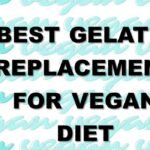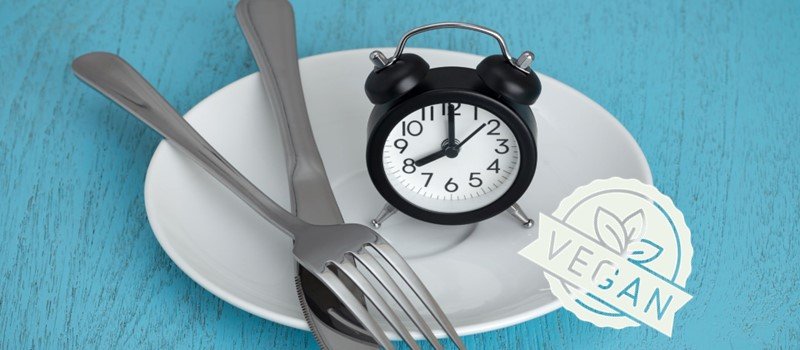Living a vegan lifestyle can be incredibly rewarding, as it not only helps preserve the environment but also promotes a healthier, happier you. However, it’s essential to ensure that your plant-based diet addresses all your nutritional needs. In this article, we’ll explore five key elements crucial for vegans to incorporate into their diets to maintain optimum health and vitality. From protein sources to essential vitamins and minerals, this guide will help you create a well-rounded and nourishing vegan eating plan that supports your body’s functions and fuels your daily activities. So let’s dive in and learn about these vegan essentials!
Adopting a vegan lifestyle can not only help reduce your carbon footprint but also have numerous health benefits. However, it’s important to ensure that your diet is balanced and includes all the essential nutrients your body needs. After all, there are some nutrients that vegans might be at risk of lacking in their diets. Here are five elements every vegan should include in their eating plans.
Protein: A Crucial Building Block
Vegans need to consume enough protein, as it plays an essential role in various bodily functions like repairing cells and building muscles. Contrary to popular belief, vegans can find plenty of plant-based protein sources, such as:
- Quinoa
- Legumes
- Tofu, tempeh and seitan (check out our guide on seitan vs tofu vs tempeh)
- Nuts
- Seeds
Besides these plant-based options, soy-based meat and dairy replacements can be found here.
Vitamin B12: The Essential Energy Booster
Vitamin B12 is vital for maintaining nerve function and energy levels. Since this vitamin is primarily found in animal products, vegans need to get creative with their sources. Some ways to include B12 into your diet include:
- Fortified yeast extract spreads like Marmite or Vegemite
- Nutritional yeast
- B12 fortified plant milk or cereals
- Supplements
Read more about vegan-friendly B12 supplements for further information on the importance of this vitamin.
Omega-3 Fatty Acids: Brain Food
Omega-3 fatty acids are crucial for maintaining heart and brain health. Since most omega-3 sources are animal-based, like fish, vegans have to rely on different options such as:
- Chia seeds
- Ground flaxseeds
- Walnuts
- Algal oil supplements (produced from algae)
We’ve also compared the best vegan Omega-3 sources to make it easier for vegans to choose their food without compromising.
Iron: The Vegan Way
Iron, an essential component of hemoglobin, is vital for transporting oxygen throughout your body. Vegans can find iron in plant-based foods like:
- Lentils
- Chickpeas
- Beans
- Fruits and vegetables rich in Vitamin C (to aid iron absorption)
Explore our article on iron for vegans that gives a comprehensive understanding of how much iron you need, its functions, and various plant-based sources.
Calcium: Strong Bones and Teeth
Calcium plays a significant role in maintaining strong bones and teeth. Plant-based calcium sources include:
- Spinach and kale
- White beans and soybeans
- Fortified non-dairy milk (like almond or soy milk)
- Tofu made with calcium sulfate
Conclusion: What All Vegans Need
Adopting a healthy vegan lifestyle by paying attention to these five elements ensures optimum nutrition levels in your daily diet. As long as you maintain a well-balanced diet that satisfies all your nutritional requirements, veganism can boost your energy levels, provide better heart health, and improve mental wellness. Dive deep into the world of veganism by exploring different types of vegan diets and learn more about foods to avoid as a vegan. Embrace this mindful lifestyle and relish its bountiful health benefits while doing your bit for the environment.


![Vegan Farmers Markets [Where To Find Them and What to Buy]](https://awesomeveganblog.com/wp-content/uploads/2022/06/Vegan-Farmers-Markets-Where-To-Find-Them-and-What-to-Buy.jpg)

